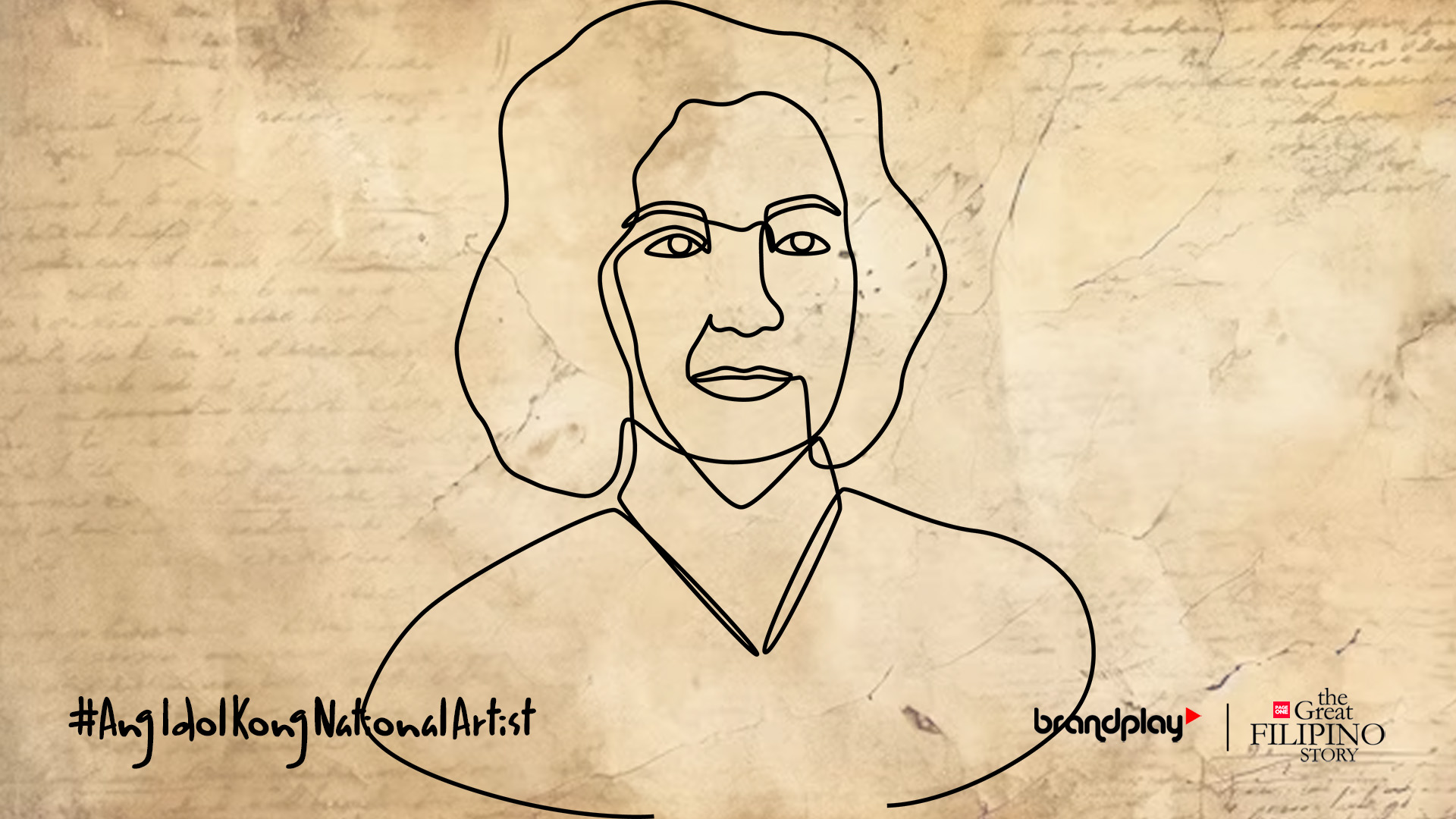In the field of theater arts, Daisy Avellana is celebrated for her accomplishments as a director, producer, and actress. She was recognized as the National Artist for Theater in 1999. This prestigious award celebrated her lifelong dedication to the performing arts and her role in elevating the status of theater in Philippine culture.
Born on January 27, 1917, in Manila, she developed a passion for the performing arts at a young age. Avellana’s illustrious career spanned several decades, during which she became a pivotal force in shaping the Philippine theater scene.
Avellana’s educational journey began at the University of the Philippines earning her bachelor’s degree in Philosophy. Afterward, she took her Master of Arts in Literature at the University of Santo Tomas. Her dedication to her craft was evident early on, as she quickly became involved in various theatrical productions. She later honed her skills further in the United States, studying at the prestigious Actors Studio in New York City. This training enriched her artistic abilities and provided her with a strong foundation for her future endeavors.
Throughout her career, Daisy Avellana was involved in numerous significant theatrical productions. She co-founded the renowned Philippine Educational Theater Association (PETA) in 1967, an organization that aimed to promote and develop theater arts in the country. Under her leadership, PETA became a vital platform for emerging artists, fostering creativity and innovation in Philippine theater. Avellana also directed and acted in many acclaimed plays, bringing classic and contemporary works to life on stage.
Avellana’s influence extended beyond the stage; she was a passionate advocate for the arts, believing in their power to educate and inspire. She was known for her commitment to social issues, often integrating themes of nationalism and identity into her productions. Her work not only entertained but also provoked thought and dialogue among audiences, making her a revered figure in the cultural landscape of the Philippines.
Her legacy continues to inspire new generations of artists and theater enthusiasts, reminding them of the importance of storytelling and the transformative power of the arts.
Avellana’s commitment to nurturing talent was evident in her involvement with various workshops and programs designed to educate aspiring actors and directors. Her passion for mentorship played a crucial role in shaping the next wave of Filipino artists, ensuring that her influence would be felt long after her passing. Daisy Avellana’s life and work remain a testament to the vital role of theater in reflecting and shaping society, making her a cherished figure in Philippine cultural history.





